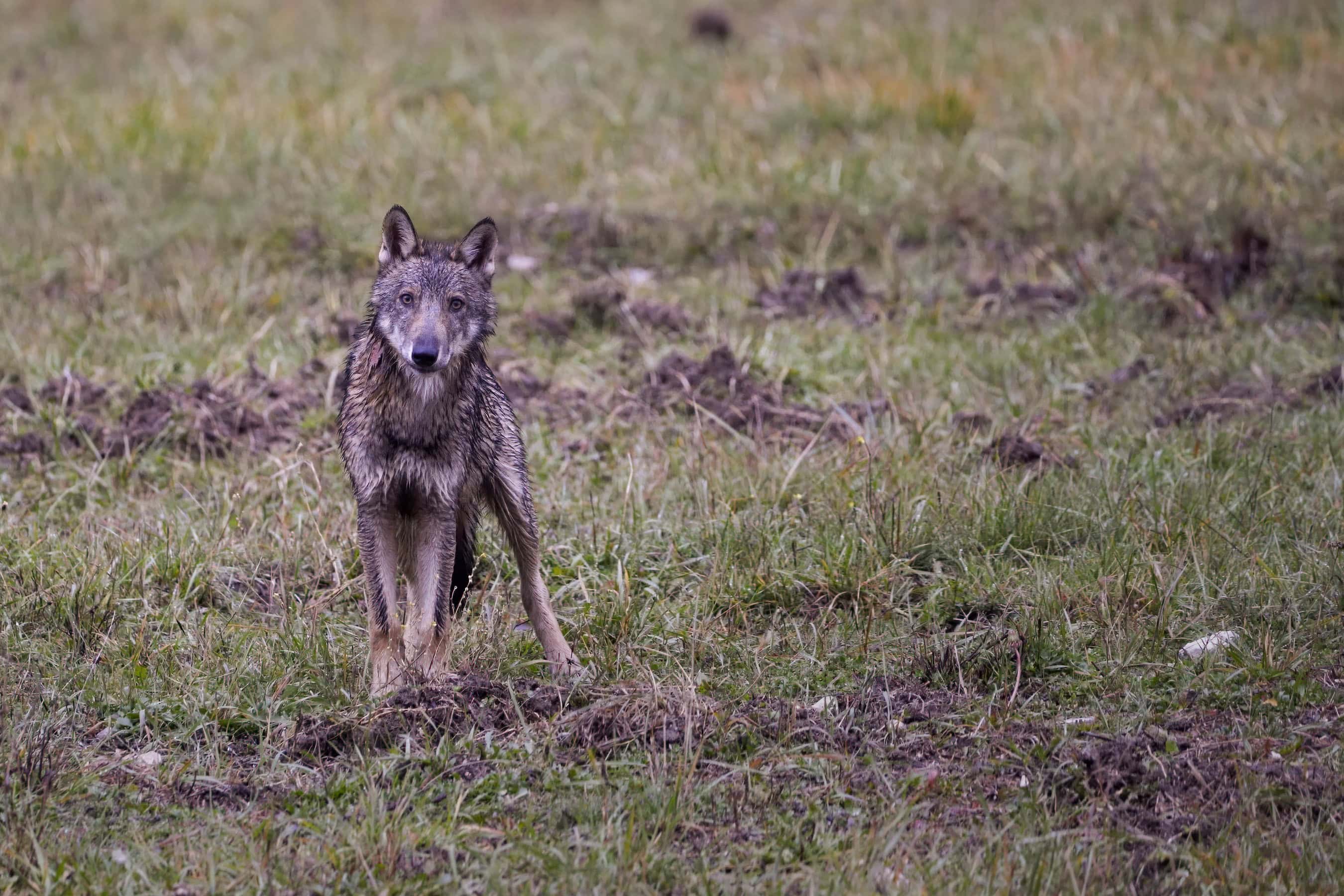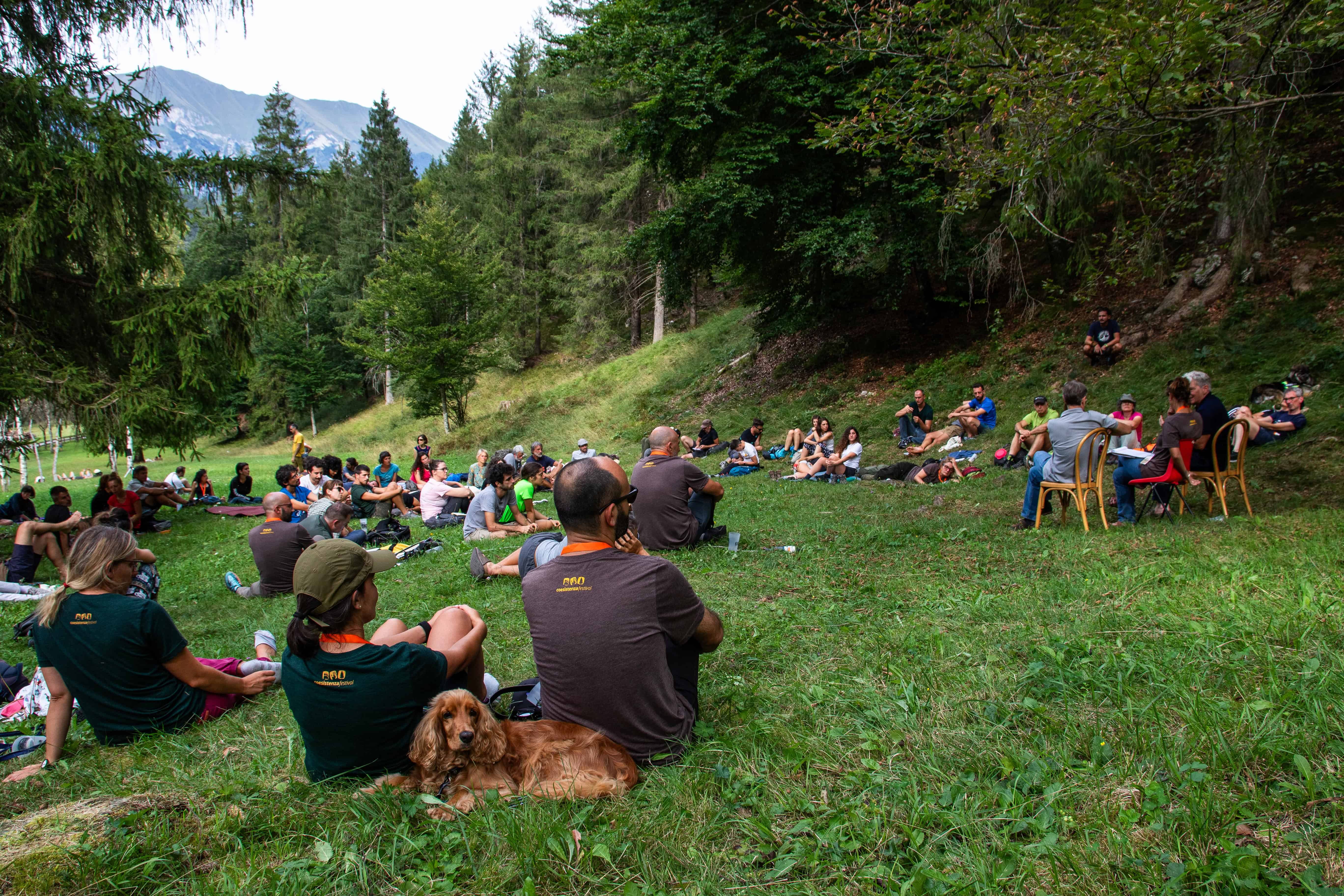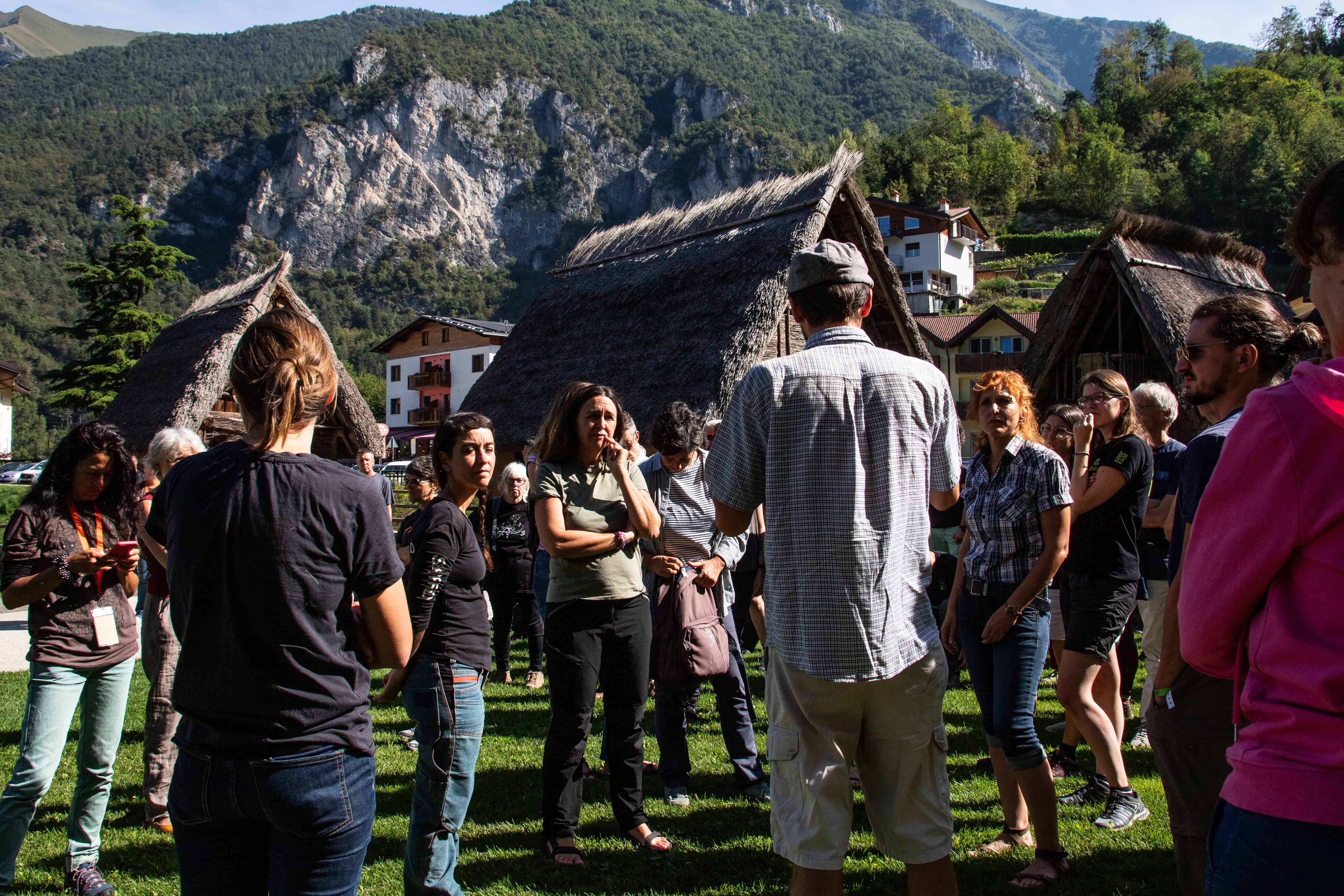https://www.lifegate.it/rapporto-uomo-natura-coesistenza-festival
- |
The word coexistence, from the dictionary, indicates existing together, manifesting simultaneously.But if we think about the coexistence between the human being and all that is nature, how could we define it?In a historical moment in which the relationship between humanity and the environment is increasingly critical and difficult, it is necessary to remember what coexistence means and, above all, that it is something possible.With this intent the Coexistence festival.

The relationship between human beings and nature
Defining coexistence is not easy, especially when talking about relationship between our species and all others, animals and plants, which is based on a line of balance that we often allow ourselves to go beyond and tamper with.Before starting the journey into knowing this word, this concept, we must remember that it is something essential, because nothing would exist without it.And, even more, that our species must be placed on the same level as others, in case the temptation arises to think a little above it.
“Before even outlining the details of coexistence we should ask ourselves if we are able to conceive a reality in which everyone is willing to accept a version of themselves that is ready to accept the other”
Such a complex, delicate and broad, but above all necessary, topic goes observed from different angles, it must be crossed, experienced and experienced, to be fully understood.Something that is not easy, and it is in fact the reason why a festival was born three years ago that combines reality, knowledge and stimuli precisely to bring us closer to this dimension in an open and informed way.
The Coexistence festival
The Coexistence festival brings together for three days, this year from 30 August to 1 September in the streets of Lundo, in Trentino, organisations, associations, park authorities, researchers, scientists, artists, journalists and enthusiasts to talk about the relationship between man and nature, "the one with wolves, bears certainly but also deer, wild boars and everything 'wild' that comes into contact with our domesticated universe".Not only that, this will be done through neuroscience, anthropology, ethics and the study of landscape, “as special lenses to investigate, interpret and understand the relationship between man and nature”.
We will then talk about what they are needs, strategies, limits of coexistence through different languages and tools, to broaden the dialogue and participate in a common vision.“The festival is thought of as an occasion in which each, following their own interests and inclinations, can come across food for thought, data, stories, testimonies and information useful for building an intimate and personal idea of the relationship between man and the environment, attributing values and meaning to a concept that represents the basis of our lives”, explain the organizers.
Awareness and education to complexity
“We are convinced that the path of coexistence between man and the natural environment cannot be followed without fullness involvement of local communities.This is why we decided to make the festival moving, year after year, thus reaching as many realities as possible", says Francesco Romito, vice-president of I'm not afraid of the wolf, an association that together with Pams Foundation started the vision of this festival.“After the Lessinia plateau, the Ledro Valley, the Festival is now happy to land in the Giudicarie, a magnificent territory where nature has developed alongside human communities”.
In fact, the stories and experiences of all the territories that represent positive examples of this relationship, with wolves and bears above all, are very important, demonstrating that the answer is not polarization, but the conscious collaboration of all the parties involved, embracing the complexities of this theme.Stories that prove that the coexistence is not a possibility, but it is the only possible way.
“Coexistence has roots that are rooted in necessity, rather than possibility.And without it, probably, we wouldn't be possible either."


